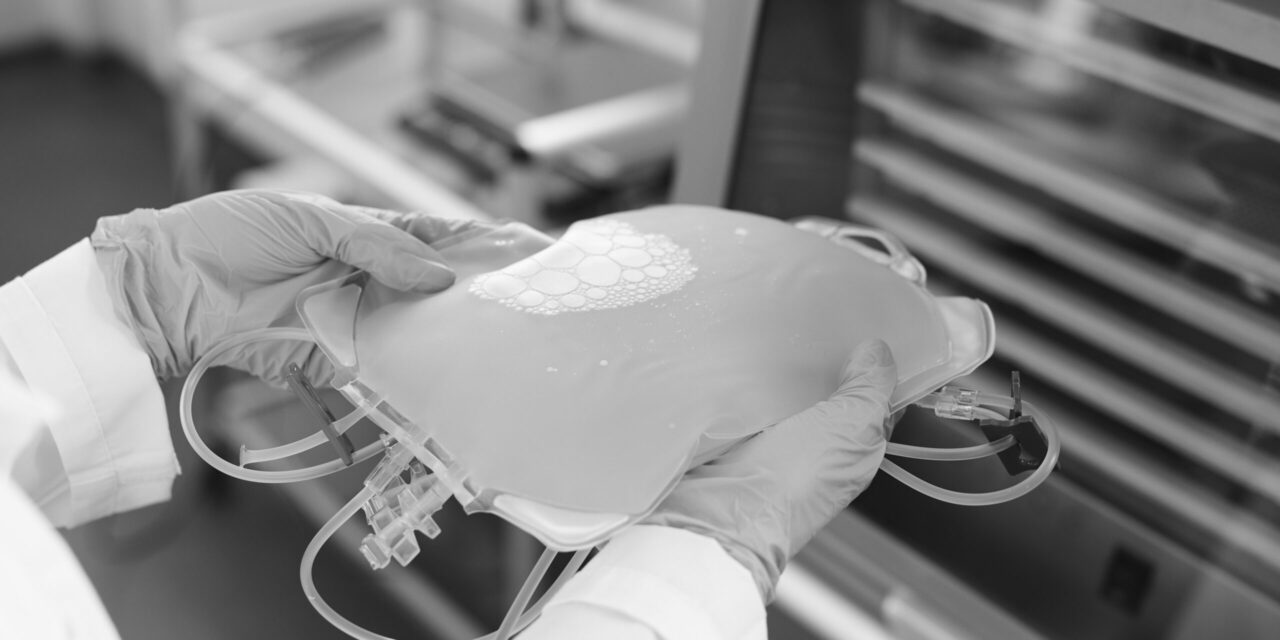
When cellular components are removed from anti-coagulated blood, what remains is plasma. Not only is plasma the liquid conduit for carrying cells and oxygen to every other cell in the body, it is rich in nutrients and proteins necessary to those cells.
BCA centers provide more than 2 million Liters of plasma a year for:
If you are interested in discussing your Plasma needs with BCA, please contact Jennifer Ficenec
The following Blood Products are routinely manufactured to meet the specifications outlined below. Modifications in production, volume, storage, and age can be made to produce the ideal product for further manufacture or research and development:
For more information about BCA’s capabilities please contact Jennifer Ficenec.
phone 401-381-0600
fax 401-381-0016
address 1300 Division Road, Suite 102 West Warwick, Rhode Island 02893
email info@bca.coop